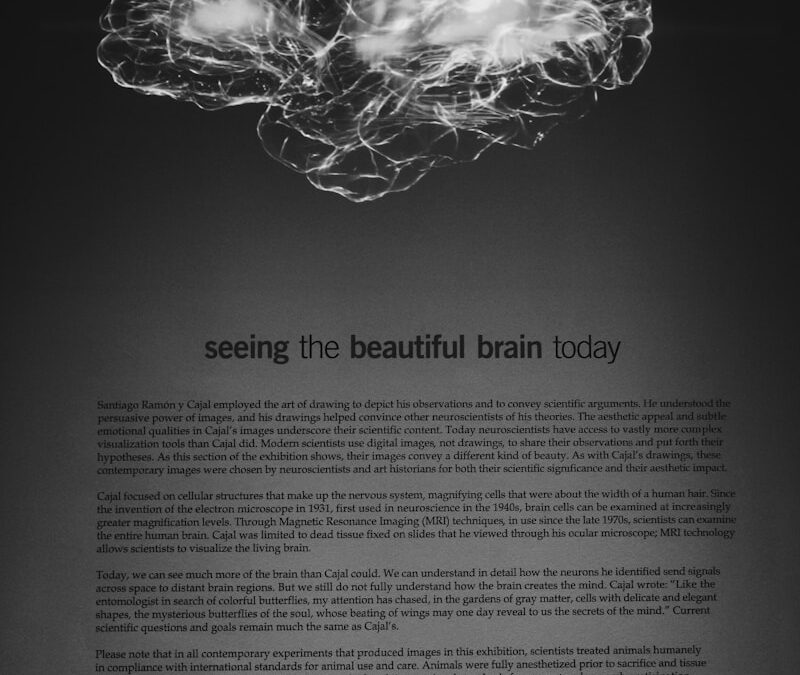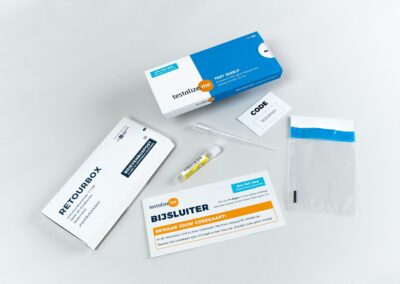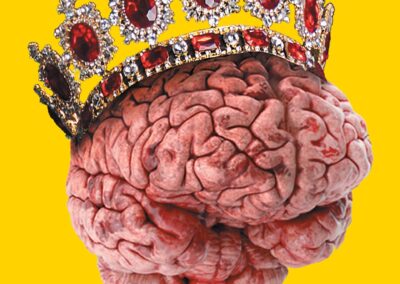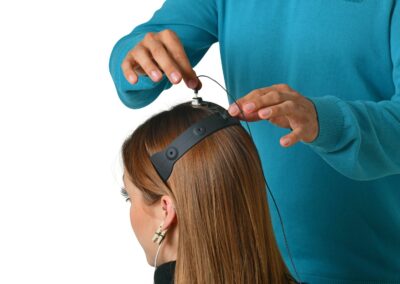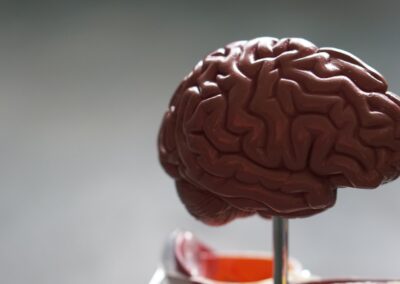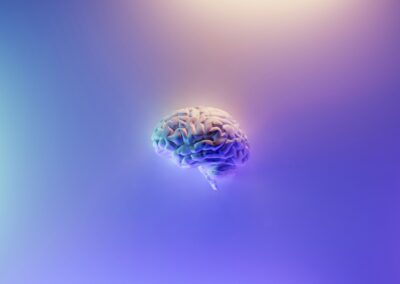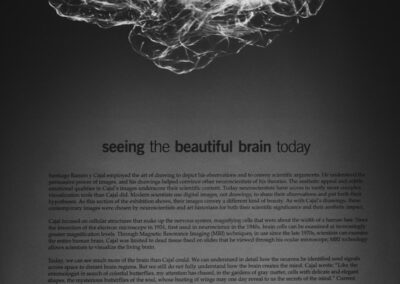Innovative Approaches to Mental Health in the Gulf Region
Understanding Neurofeedback and Its Role in Treating Depression
Neurofeedback is a non-invasive technique that provides individuals with real-time data on their brain activity. This feedback enables patients to understand and regulate their mental states, making it a powerful tool in treating depression. In Riyadh and Dubai, where there is a strong focus on mental health advancements, neurofeedback is being utilized to help patients manage their depressive symptoms effectively.
By visualizing their brain activity, patients can learn to identify patterns associated with negative mood states and implement strategies to modify these patterns. This self-regulation process is crucial for managing depression, as it empowers individuals to take control of their mental health. Neurofeedback sessions involve placing sensors on the scalp to monitor brainwave activity, which is then displayed on a screen. Patients can observe changes in their brain activity in real-time and receive guidance on how to achieve more desirable brain states.
The Benefits of Neurofeedback in Depression Treatment
The benefits of neurofeedback in treating depression are substantial. In the UAE and Saudi Arabia, healthcare providers are increasingly adopting this technique to enhance their mental health services. One of the primary advantages of neurofeedback is its ability to offer personalized treatment. Each patient’s brain activity is unique, and neurofeedback allows for customized interventions tailored to individual needs.
Another significant benefit is the immediate feedback provided during sessions. Traditional therapeutic approaches often rely on self-reporting, which can be subjective and delayed. Neurofeedback, on the other hand, offers objective, real-time data that patients and therapists can use to make immediate adjustments. This real-time feedback accelerates the therapeutic process, helping patients achieve their treatment goals more quickly.
Moreover, neurofeedback can complement other therapeutic modalities, such as cognitive-behavioral therapy (CBT) and medication. Integrating neurofeedback with these treatments can enhance their effectiveness, providing a comprehensive approach to managing depression. This multimodal strategy is particularly beneficial in regions like Riyadh and Dubai, where mental health services are continually evolving to incorporate the latest advancements in technology.
Implementing Neurofeedback in Mental Health Practices
Implementing neurofeedback in mental health practices requires careful planning and collaboration among healthcare professionals. In Saudi Arabia and the UAE, where there is a strong emphasis on innovation and technological integration, mental health providers are well-positioned to adopt neurofeedback techniques. Successful implementation involves training therapists in neurofeedback protocols and ensuring they have access to the necessary equipment and resources.
Leadership and management skills are crucial for overseeing the integration of neurofeedback into existing mental health services. Executive coaching services can support healthcare leaders in developing strategies to incorporate this technology effectively. By fostering a culture of continuous improvement and innovation, leaders can ensure that their teams are equipped to deliver high-quality neurofeedback treatments.
Additionally, effective communication is vital for the successful implementation of neurofeedback. Healthcare providers must educate patients about the benefits and processes of neurofeedback, addressing any concerns they may have. Clear communication between therapists and patients can enhance the therapeutic relationship and improve treatment adherence.
Advancements in Neurofeedback Technology
The future of neurofeedback in the Gulf region looks promising, with ongoing advancements in technology poised to further enhance its effectiveness. In Saudi Arabia and the UAE, there is a strong focus on research and development in the healthcare sector, which will drive innovations in neurofeedback. Emerging technologies, such as artificial intelligence (AI) and machine learning, can enhance neurofeedback systems by providing more precise and personalized feedback.
AI algorithms can analyze vast amounts of brainwave data, identifying subtle patterns that may not be apparent to human observers. This advanced analysis can lead to more accurate diagnoses and treatment plans. In addition, AI-powered neurofeedback systems can adapt to each patient’s progress, continuously refining the feedback provided during sessions.
Integrating Neurofeedback with Virtual Reality and the Metaverse
The integration of neurofeedback with virtual reality (VR) and the Metaverse is another exciting development in the field of mental health. VR environments can create immersive therapeutic experiences, allowing patients to practice self-regulation techniques in realistic settings. In regions like Riyadh and Dubai, where there is a strong emphasis on technological innovation, the combination of neurofeedback and VR holds great potential for enhancing mental health treatment.
By simulating stress-inducing scenarios in VR, patients can learn to manage their responses while receiving real-time feedback on their brain activity. This immersive approach can accelerate the therapeutic process and provide valuable insights into how patients cope with stress and negative emotions. The Metaverse, with its vast potential for creating interactive and engaging environments, can further enhance these therapeutic experiences.
#Neurofeedback #DepressionTreatment #MentalHealth #RealTimeFeedback #SaudiArabia #UAE #Riyadh #Dubai #AIinHealthcare #Neurotechnology #ExecutiveCoaching #ChangeManagement

